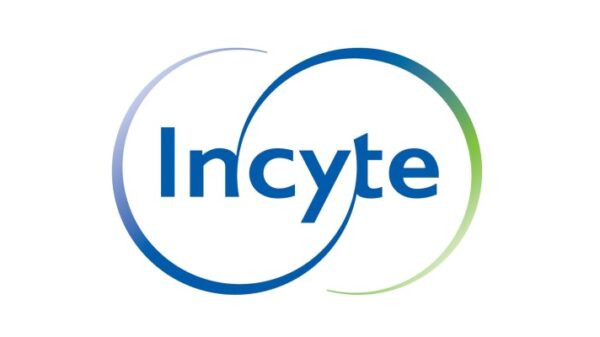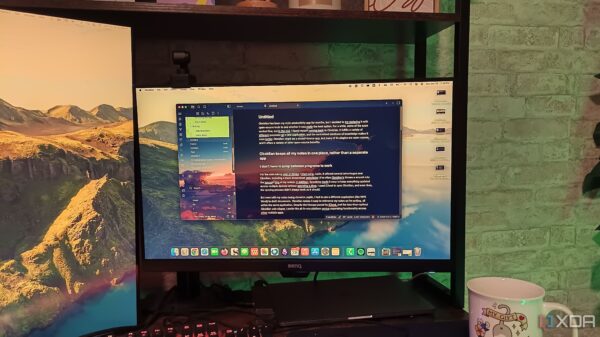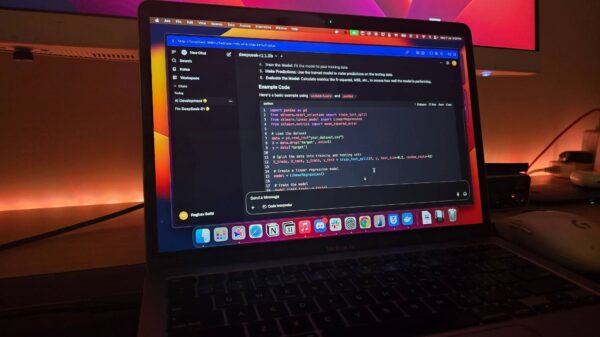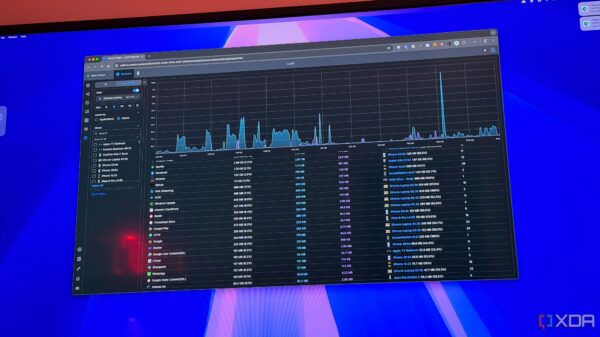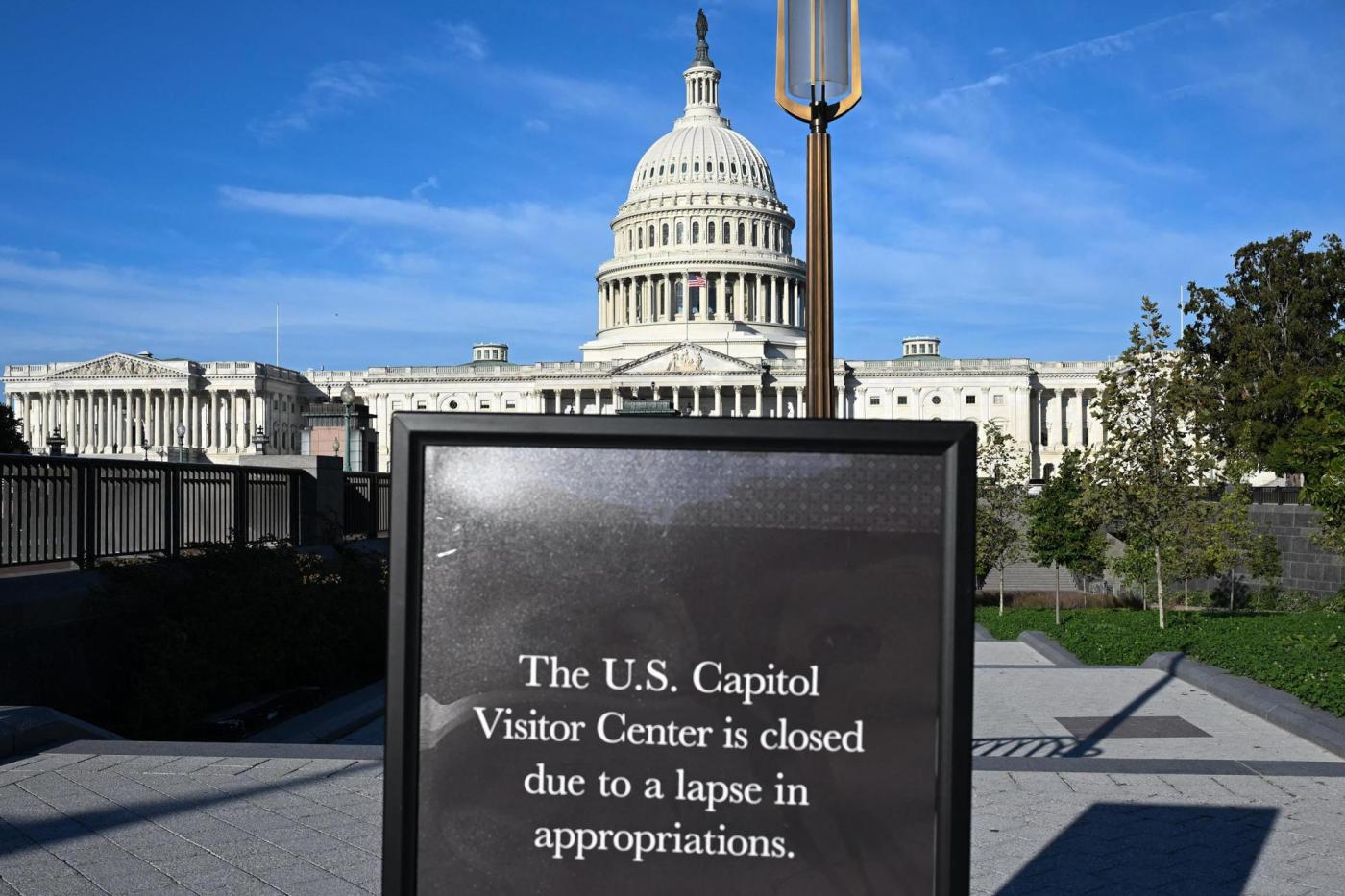The ongoing shutdown of the U.S. government, which has now reached a historic duration of 41 days, is beginning to ease as Senate Democrats and Republicans have forged a deal to reopen federal operations. However, Connecticut Senators Chris Murphy and Richard Blumenthal have voiced their opposition to the agreement, primarily due to a lack of guarantees regarding the extension of crucial health care subsidies central to the shutdown dispute.
Late on Sunday, December 3, 2023, a key procedural vote in the Senate resulted in a 60-40 outcome, allowing the legislative process to advance. This vote demonstrated a notable shift among Senate Democrats, where eight members broke ranks to support the bipartisan measure. Despite this progress, Murphy and Blumenthal, along with many of their colleagues, rejected the proposal, citing insufficient provisions to protect the Affordable Care Act subsidies set to expire at the end of the year.
The recent deal promises a future vote on extending these health care subsidies, yet lacks a firm commitment to their renewal. The Senate Majority Leader John Thune, a Republican from South Dakota, has indicated that this vote will occur by the second week of December. However, House Republican leadership has not made any assurances regarding a corresponding vote in the lower chamber, leaving many in uncertainty about the future of health care coverage.
Both Murphy and Blumenthal emphasized the significance of this issue in their statements. Murphy remarked, “People know the government shutdown hurts. But people also know that Americans will die when millions cannot afford health insurance next year because of Trump’s massive premium hikes.” He criticized the deal for failing to address the plight of Connecticut residents who could face soaring premiums if the subsidies are not extended. He further asserted that while he recognizes the urgency to fund the government, it should not come at the expense of adequate health care provisions.
Blumenthal echoed this sentiment, stating, “My position has always been: no affordable health care, no deal. I am unwilling to accept a vague promise for a vote at an indefinite time on an indeterminate bill.” He highlighted the dire choices facing Americans regarding health insurance affordability, particularly for tens of thousands of residents in Connecticut.
The deal negotiated by Senate leaders includes provisions for three full-year funding bills, alongside short-term funding to sustain government operations through January 31, 2024. This agreement also ensures back pay for furloughed federal workers, a requirement established by a 2019 law, despite earlier suggestions from President Trump that they may not receive their owed wages.
Pressure has been mounting for a resolution to the shutdown, which has led to significant disruptions across various sectors, including federal nutrition aid and airline operations. The Trump administration has provided mixed messages regarding funding for SNAP benefits, while numerous airports have reported reduced flight schedules amid ongoing delays.
As the Senate prepares for final passage of the bill, attention now shifts to the House of Representatives. A simple majority will be required for approval, but the slim Republican majority leaves little margin for error. While some moderate Democrats have indicated potential support for the Senate deal, most of Connecticut’s House delegation has expressed their opposition, citing the need for health care subsidies to be part of any funding agreement.
U.S. Representative Rosa DeLauro, who serves as the ranking member on the House Appropriations Committee, criticized the timing of the bill’s release, stating that it should have involved consensus with House Democrats. She emphasized the need for Congress to invest in veterans and address the health care crisis impacting over 20 million Americans.
The timeline for concluding the shutdown remains uncertain. The Senate may finalize its part of the process by Monday, December 4, 2023, but this would require rapid agreement on advancing the legislation. Following Senate approval, the House will reconvene for a vote, with members receiving 36 hours’ notice to return to Washington, D.C.
If the House passes the bill, it will proceed to President Trump for his signature, which would officially end the shutdown and allow federal employees to return to work, expecting back pay for the duration of the closure. As the situation unfolds, both Murphy and Blumenthal continue to advocate for their constituents, remaining steadfast in their commitment to securing affordable health care options amid ongoing negotiations.










